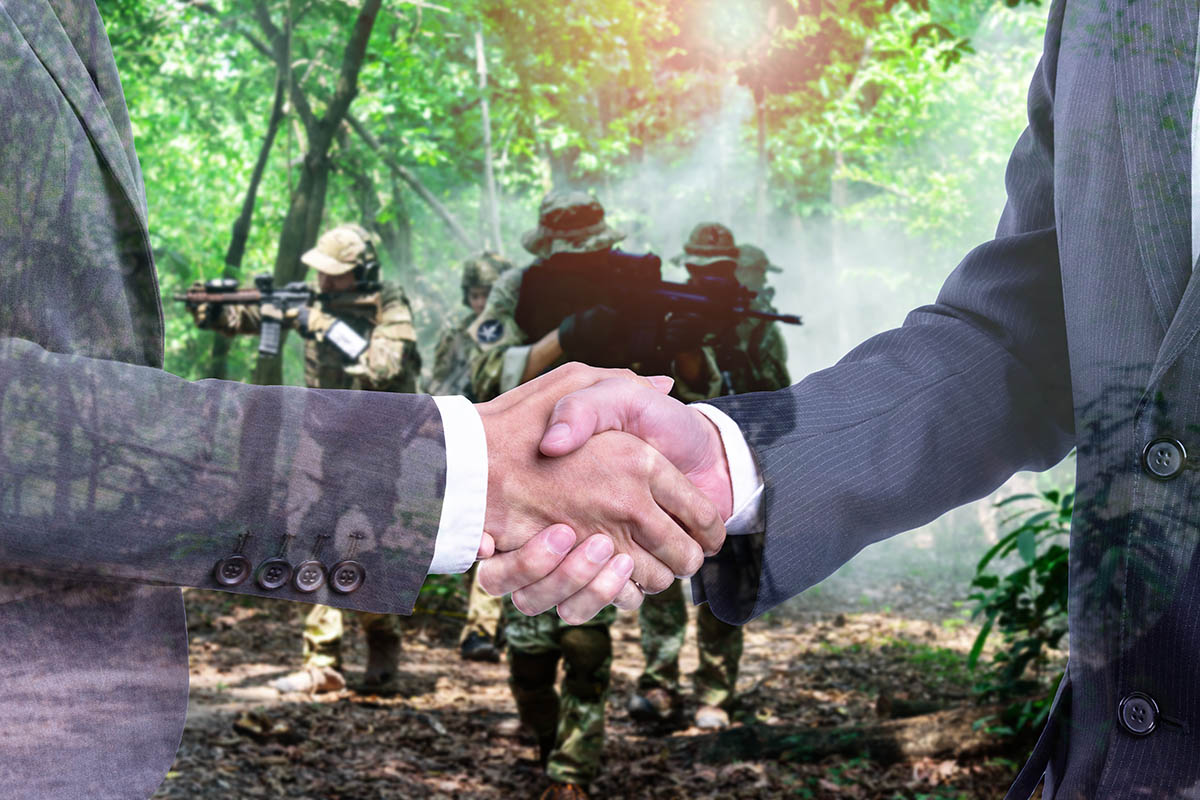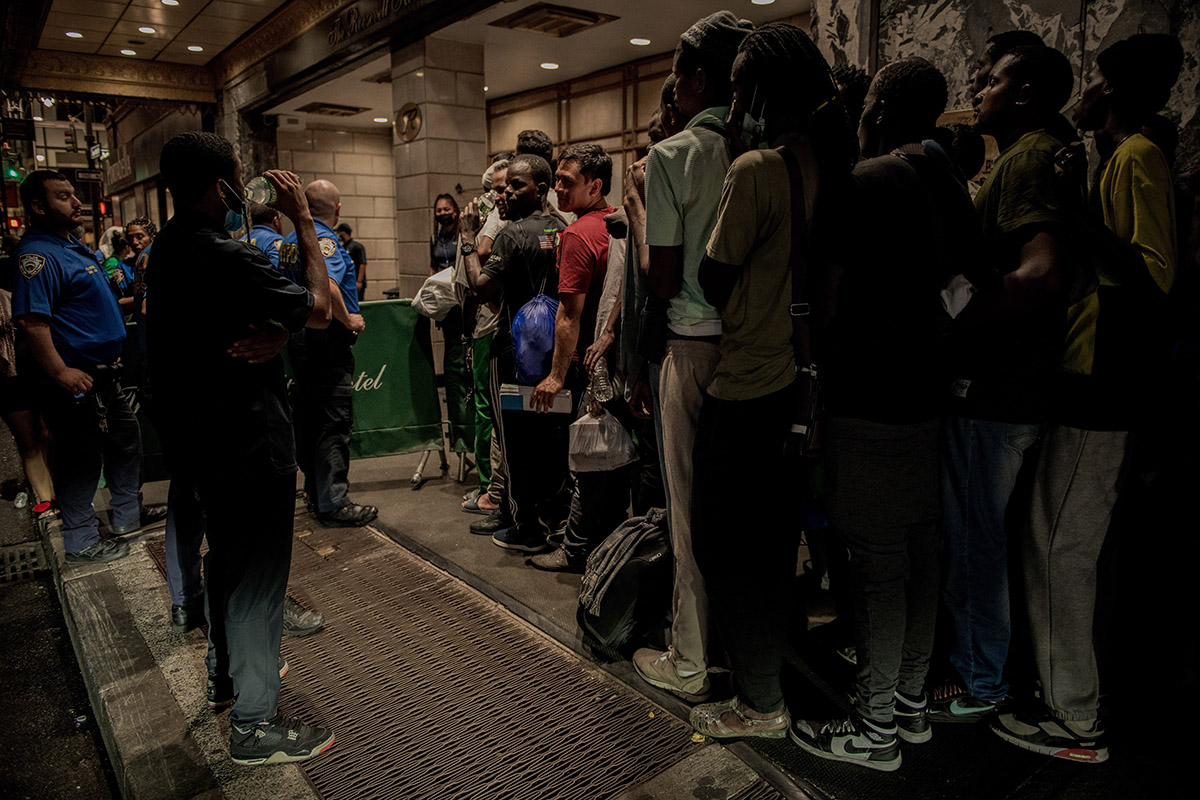Ethical Dilemmas of Trusting and Intervening in Conflicts
May 7by Lillian Efobi
Military humanitarian intervention to protect the fundamental human rights of the citizens of another state, has become increasingly prominent in debates about the role of ethics in international affairs. Ethical objections to such intervention focus on two issues in particular: the violation of national sovereignty and the use of armed force with the concomitant loss of life and human suffering.
Some proponents of humanitarian intervention argue that if intervention does not occur in accordance with international law, it is a threat to both state sovereignty and human life.
UN peacekeepers in R2P scenarios are faced with the dilemma of protecting civilians under imminent threat and responding to violence when it occurs. International humanitarian intervention to stop gross human rights abuses can perhaps be supported as the fulfilment of the just cause criterion of just war theory. The danger inherent in this sort of argument is that it implies a conflict between legality and morality that weakens the already precarious jurisdiction of international law.
The ethical issue is more complex than the question of international law since it is inseparable from political issues. As the Just war theory presumes that there are legitimate uses of war, it also sets moral boundaries on the waging of war. It deals with two fundamental questions concerning the ethics of war and peace: When is it morally and legally justified to go to war? The Crusaders war is a good example of a just war, as it was seen as a holy warfare, authorized, and realized by God himself.
The principle of a just war has been used to justify war rather than limit it. A vivid example is the assured mutual destruction by nuclear weapons holding states. For states in the International system, a just war is the preservation of their own and in the process, the war is escalated, and humanitarian atrocities becomes the order of the day.
Wherever conflict abides globally, there is the need for intervention, which is universal and ethical, however, it raises the question: is intervention done for the sake of conflict resolution and prevention of humanitarian atrocities or political or economic interest?
The media-political interest has played a role in driving humanitarian interventions as seen in the Balkans and Israel-Gaza wars which have more media attention than cases such as the Democratic Republic of Congo war or the Rohingya conflict war which have only limited, regional attention. The UN and other non-violent interveners should engage in serious analysis rather than being led by the media, who already have political interest in portraying conflicts.
The debate on international (military) interventions often goes along the lines “We have to do something”, and to “do nothing” puts international actors in an ethical dilemma. Ethical dilemmas are often situations where there is a clash of values, at least two sets of values, and you are required to decide which value is the more important. Based on previous humanitarian interventions by the international actors in conflicts in Afghanistan, Somalia, Ukraine, DRC and more, there is an erosion of trust in international institutions, which presents a great challenge for conflict resolution. This erosion further leads to two major dilemmas.
The Dilemma of Trusting or not Trusting
Past interventions in Libya and Colombia by international actors and the crimes committed in the process or after, lead citizens of those nations to distrust these institutions, and this limits the peace making process for conflict resolution. This dilemma raises questions such as: “Is intervention futile without trust?” or “ Trust rebuilding or Conflict resolution?”
The Dilemma of Intervention and Bias
In the international system, realists believe that states will always seek out their personal interest before another. Even in humanitarian intervention, selective intervention breeds political accusations such as with the failure of the international community to intervene in the Rwandan genocide. This further eroded trust and strained the affairs of Rwanda and the United States of America. This dilemma also raises questions such as: “What are the criteria for intervention? Should it be based on human rights abuses, regional stability, or a combination? Should intervention involve international actors to mitigate bias?”
Where do these different arguments leave us in terms of ethical legitimisation of conflict intervention? There is no clear guide on ethical intervention as the different arguments and dilemmas above present. However, an important question asked above should be critically analysed before intervention can take place. “When and where should we intervene? How should we do so? Who should do the intervening? And what is at stake for the intervening agency?” When these questions are answered, then the underlying motives for intervention will be revealed and if not, more humanitarian atrocities will be committed now and into the future because intervention might be harmful, unjust, or just useless. Also, in answering the above questions carefully and developing more global capacity for conducting peace and humanitarian operations, the international community can significantly reduce violence around the world, at present and in the future.






